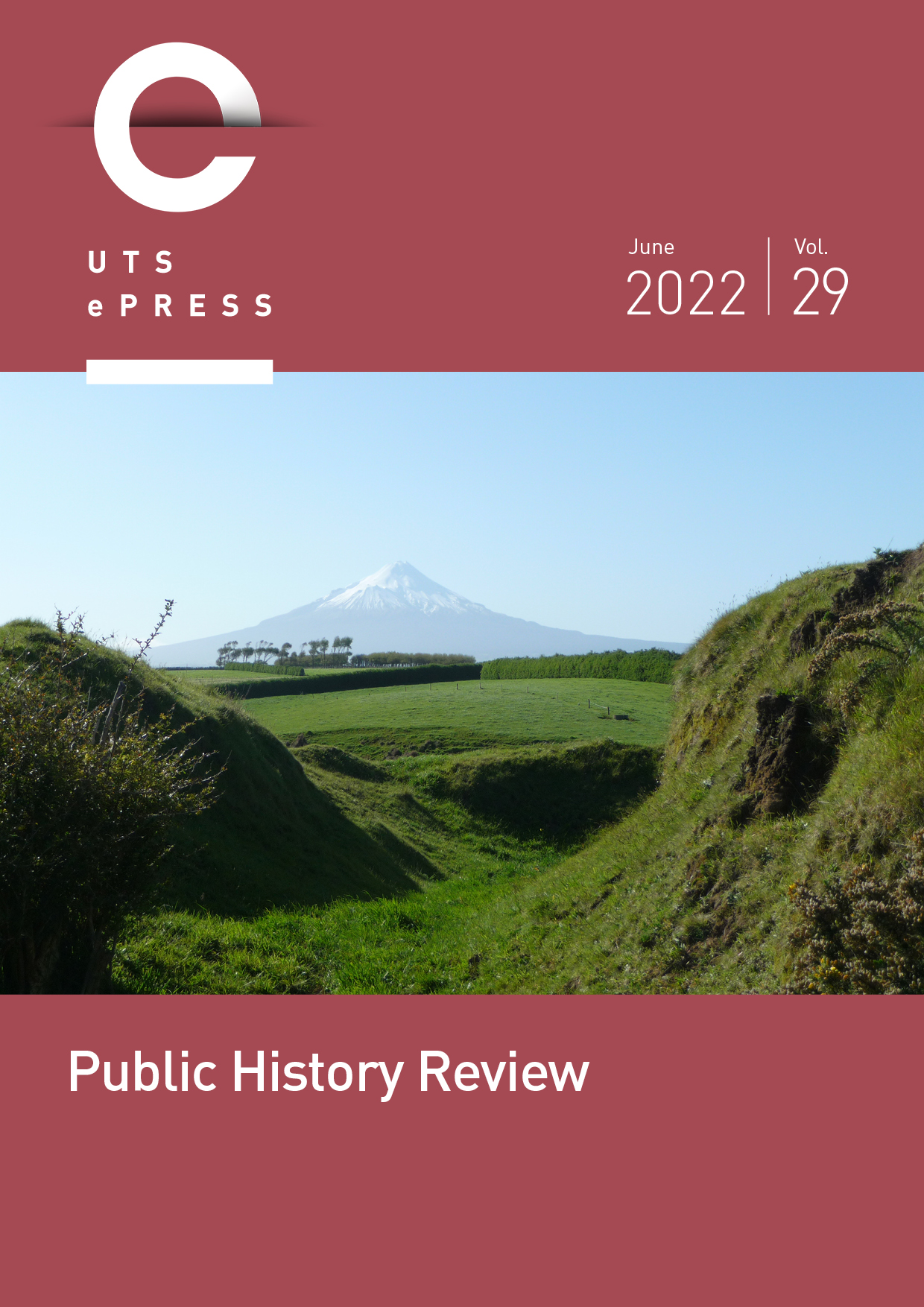Niue Fakahoamotu Nukutuluea Motutefua Nukututaha Critical Discussions of Niue History in and beyond Aotearoa New Zealand
Main Article Content
Abstract
Bringing together Niue scholars, creatives and thinkers from various disciplines and fields, this article is the culmination of two conference roundtables, a history panel, and multiple ongoing discussions about critically engaging with and contributing to Niue knowledge in academia. From different standpoints we each explore the vastness of Niue history through lenses that centre, privilege and uphold aga fakaNiue (Niue lifestyle, ways, culture) through cultural values and principles, tāoga (that which is treasured or prized), metaphor and approaches. Engaging in these spaces as tau tagata Niue (Niue people) is inevitably marked by Niue’s connections to Aotearoa and the wider Pacific. While our work may challenge dominant narratives by non-Niue people, we use this space to ask questions that are important to us and to the Niue communities we serve. What counts as Niue history? As tagata Niue how do we see ourselves in our academic and creative work? Who does Niue knowledge and history belong to? How do we make the places where Niue knowledge exists more accessible to the growing Niue populations in and beyond Aotearoa, whilst still maintaining strong connections to Niue? What is the place of Niue history in New Zealand history?
Article Details
Section
Authors who submit articles to this journal from 31st March 2014 for publication, agree to the following terms:
a) Authors retain copyright and grant the journal right of first publication with the work simultaneously licensed under a Creative Commons Attribution License that allows others to share and adapt the work with an acknowledgement of the work's authorship and initial publication in this journal.
b) Authors are able to enter into separate, additional contractual arrangements for the non-exclusive distribution of the journal's published version of the work (e.g., post it to an institutional repository or publish it in a book), with an acknowledgement of its initial publication in this journal.
c) Authors are permitted and encouraged to post their work online (e.g., in institutional repositories or on their website) prior to and during the submission process, as it can lead to productive exchanges, as well as earlier and greater citation of published work (See The Open Access Citation Advantage Service). Where authors include such a work in an institutional repository or on their website (ie. a copy of a work which has been published in a UTS ePRESS journal, or a pre-print or post-print version of that work), we request that they include a statement that acknowledges the UTS ePRESS publication including the name of the journal, the volume number and a web-link to the journal item.
d) Authors should be aware that the Creative Commons Attribution (CC-BY) License permits readers to share (copy and redistribute the work in any medium or format) and adapt (remix, transform, and build upon the work) for any purpose, even commercially, provided they also give appropriate credit to the work, provide a link to the license, and indicate if changes were made. They may do these things in any reasonable manner, but not in any way that suggests you or your publisher endorses their use.
For Vol 20 (2013) and before, the following copyright applied:
Authors submitting articles to UTSePress publications agree to assign a limited license to UTSePress if and when the manuscript is accepted for publication. This license allows UTSePress to publish a manuscript in a given issue. Articles published by UTSePress are protected by copyright which is retained by the authors who assert their moral rights. Authors control translation and reproduction rights to their works published by UTSePress. UTSePress publications are copyright and all rights are reserved worldwide. Downloads of specific portions of them are permitted for personal use only, not for commercial use or resale. Permissions to reprint or use any materials should be directed to UTSePress.
